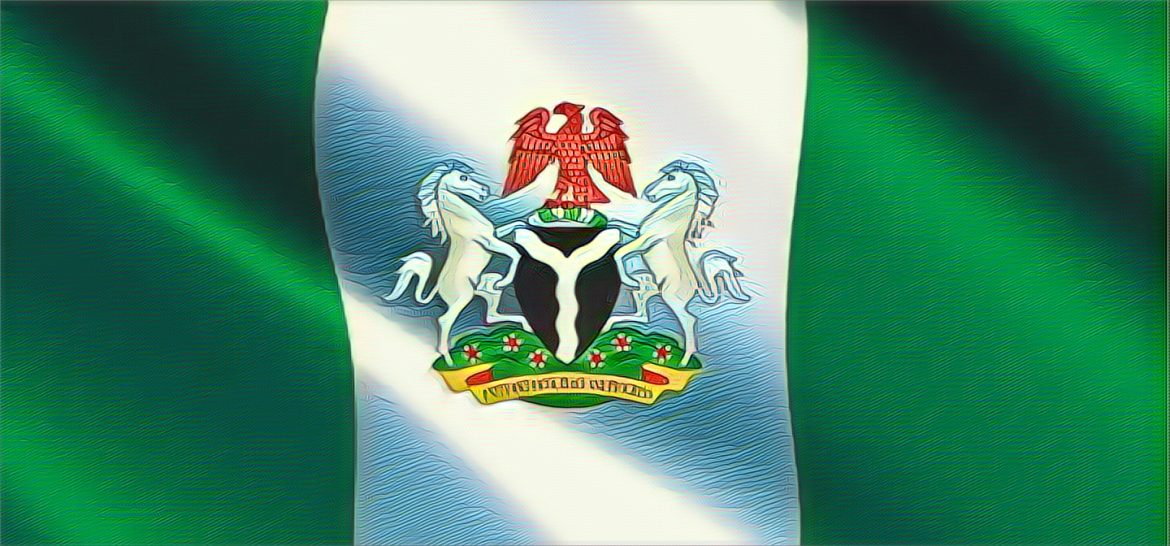The Federal Executive Council (FEC) in Nigeria has set forth a budget proposal of N26.01 trillion for the upcoming fiscal year in 2024. This proposal will be submitted to the National Assembly, marking a significant step in the nation’s financial planning.
The government is steadfast in its commitment to maintaining the January to December budget cycle, aiming to ensure that the 2024 budget is not only passed but also signed into law before December 31, 2023. This deliberate effort underscores the administration’s dedication to effective governance and financial stability. At the helm of this crucial announcement was the Minister of Budget and Planning, Atiku Bagudu, who disclosed these developments following the FEC’s meeting, presided over by President Bola Tinubu in the Presidential Villa, Abuja.
Bagudu revealed that the FEC had approved the 2024-2026 Medium Term Expenditure Framework (MTEF) and Fiscal Strategy Papers (FSP). These documents are integral to the nation’s financial planning process and align with the Fiscal Responsibility Act’s requirements. They provide a medium-term economic outlook that serves as the foundation for budget presentations.
The aggregate expenditure for the 2024 budget is estimated at N26.01 trillion, encompassing statutory transfers amounting to N1.3 trillion, non-debt recurrent expenditure of N10.26 trillion, and debt service estimated at N8.25 trillion. Additionally, N7.78 trillion is allocated for personnel and pension costs. The increase in debt service is attributed to an estimated 9 percent interest on federal government debt, which translates to an additional N2.1 trillion. This development aligns with the nation’s ongoing efforts to manage its fiscal responsibilities responsibly.
Furthermore, the FEC approved applications for financing from the World Bank, including $1.5 billion in support. This concessional financing will provide a much-needed influx of capital in a global climate marked by high interest rates, a measure by developed economies to combat inflation. Nigeria’s ability to make macroeconomic adjustments and restore fiscal balance has earned it support from multilateral development institutions like the World Bank.
The FEC’s commitment to economic development is further evident in the approval of an $80 million financing initiative from the African Development Bank. This funding will bolster the Ekiti Knowledge Zone Project (EKZ), aimed at supporting young people in the knowledge economy and technology sector. It represents an investment in Nigeria’s burgeoning technological landscape, reinforcing the nation’s position as a player in the global knowledge economy.
The FEC meetings, which have historically been held on Wednesdays, will now convene on Mondays, reflecting a shift in the government’s approach to fiscal planning and governance. This budget proposal and the government’s commitment to fiscal responsibility send a positive message about Nigeria’s dedication to economic growth and stability. It’s a testament to the nation’s resilience and adaptability in the face of global economic challenges.
Source: [Vanguard]


